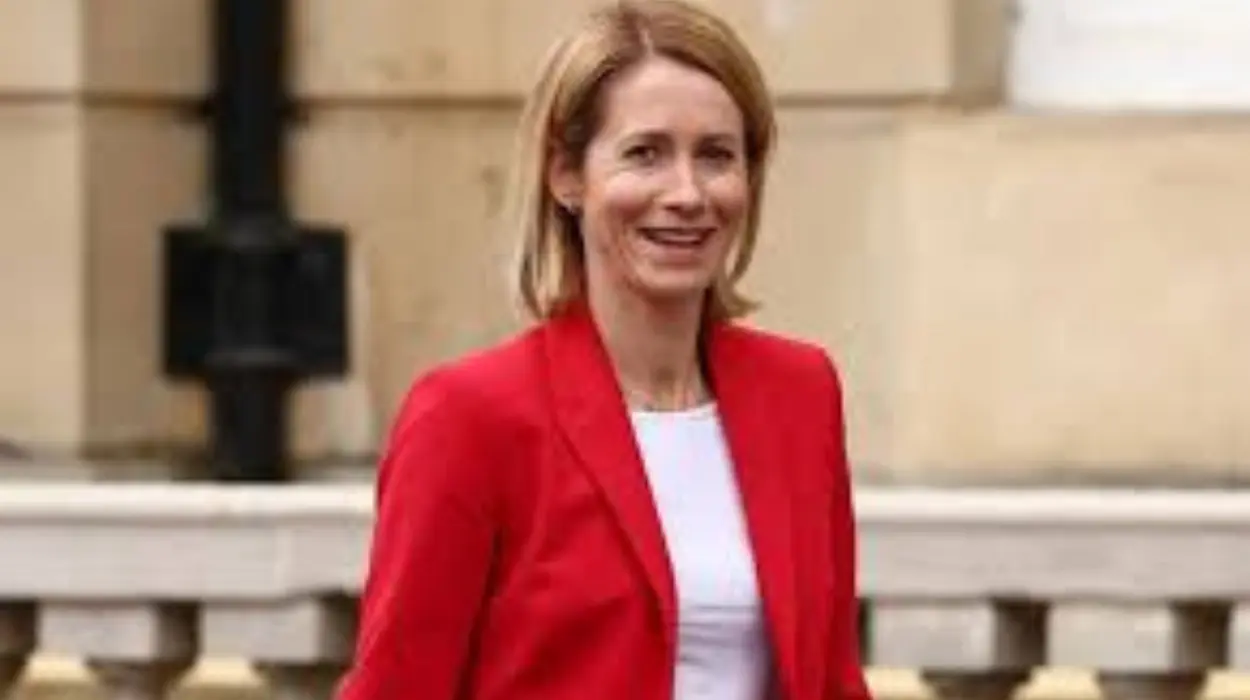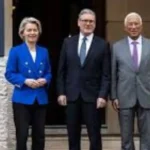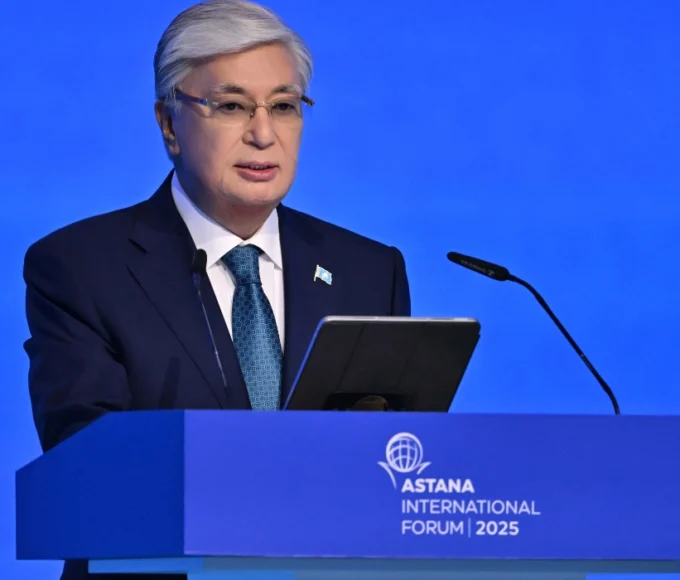The European Union continues to feel the “wounds of Brexit,” according to Josep Borrell, the bloc’s High Representative for Foreign Affairs and Security Policy. His remarks come amid a recent landmark agreement between the UK and EU aimed at resetting their complex post-Brexit relationship. The deal, reached during the first UK-EU summit in London on 19 May 2025, promises to ease trade barriers, enhance security cooperation, and foster closer people-to-people ties after years of tension.
Brexit’s Lingering Impact on the European Union
Borrell’s Candid Assessment
Addressing Sky News, Josep Borrell acknowledged the profound and ongoing effects Brexit has had on the EU:
- “We have the wounds from Brexit very clearly,” he said, highlighting the emotional and practical challenges facing the bloc.
- Despite the UK’s departure, the EU continues to adjust to the loss of one of its largest members, grappling with political and economic uncertainties.
This frank admission underscores the deep scars Brexit has left on the EU’s political landscape and economic fabric.
The UK-EU Reset Deal: A New Chapter
Trade and Economic Cooperation
The reset deal aims to reduce longstanding trade frictions that have hampered UK-EU commerce since Brexit:
- Routine checks on animal and plant products will be removed indefinitely, easing the flow of food and drink goods.
- A new sanitary and phytosanitary (SPS) agreement establishes a common SPS area, providing stability and certainty for farmers, producers, and fishermen.
- The EU remains the UK’s largest trading partner, accounting for 41% of UK exports and over half of imports in 2024.
- The agreement includes commitments to open the EU electricity market to the UK, enhancing energy security and potentially lowering consumer costs.
Security and Defence Partnership
- The UK and EU established a formal defence partnership, enabling UK companies to compete for contracts within the EU’s €150 billion Security Action for Europe (SAFE) program.
- Cooperation covers military mobility, peacekeeping, crisis management, cyber security, and countering hybrid threats.
- This partnership marks a significant step in rebuilding trust and strategic alignment post-Brexit.
Migration, Mobility, and Education
- Both parties agreed to develop a youth mobility scheme, allowing young people to travel and work between the UK and EU, though full freedom of movement will not return.
- The UK will rejoin the Erasmus+ program, restoring student and academic exchanges with Europe.
- Enhanced cooperation on illegal migration and return processes was also agreed upon.
Fishing Rights and Coastal Support
- Reciprocal fishing rights are extended until 30 June 2038, providing long-term certainty for coastal communities.
- The UK government announced a £360 million fund to modernize the fishing fleet, support seafood exports, and boost tourism.
Political and Public Reactions
UK Leadership Perspective
Prime Minister Keir Starmer hailed the deal as a “historic moment” and a “new era” in UK-EU relations, emphasizing benefits for jobs, businesses, and consumers. He framed the agreement as a pragmatic advance beyond divisive Brexit debates.
EU Officials’ Viewpoint
European Commission President Ursula von der Leyen described the deal as “turning a page” and opening a “new chapter” in the unique UK-EU relationship, emphasizing shared values and cooperation.
Populist and Hard-Brexit Criticism
Hardline Brexit voices, including Nigel Farage and Conservative leader Kemi Badenoch, condemned the deal as a “surrender” that undermines UK sovereignty, particularly criticizing the extended fishing rights and regulatory alignment.
Badenoch warned:
- “We’re becoming a rule-taker from Brussels once again,” reflecting fears of eroding Brexit gains.
Public Sentiment
Polling reveals a majority of Britons regret Brexit and favor closer ties with the EU, though political divisions remain sharp.
Broader Context and Implications
The reset deal emerges amid global geopolitical tensions, energy security challenges, and economic uncertainty. It reflects mutual recognition of interdependence between the UK and EU:
- Both sides commit to free, sustainable, fair, and open trade.
- Defence cooperation strengthens collective security, notably in support of Ukraine.
- Energy market integration aims to bolster resilience amid volatile global prices.
Summary
The EU’s acknowledgment of Brexit’s ongoing “wounds” highlights the deep and lasting impact of the UK’s departure. Yet, the recent UK-EU summit and reset deal demonstrate a pragmatic willingness to rebuild cooperation across trade, security, migration, and more. While political tensions endure, this new framework offers a pathway to stabilize and strengthen one of Europe’s most important bilateral relationships.







